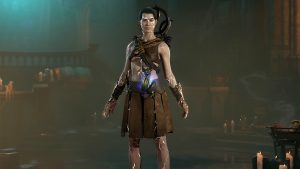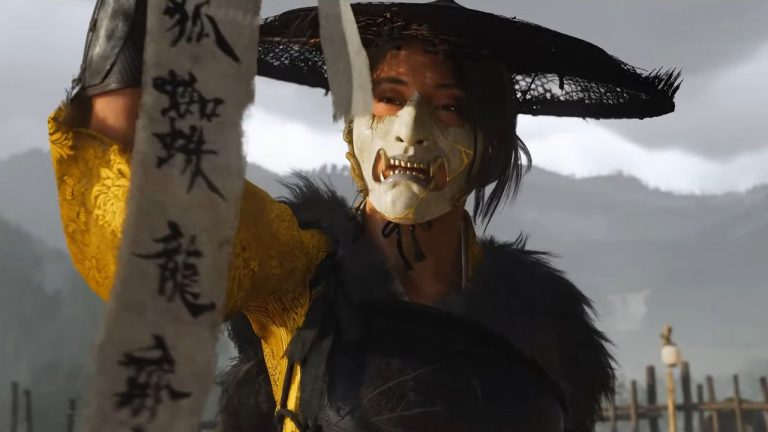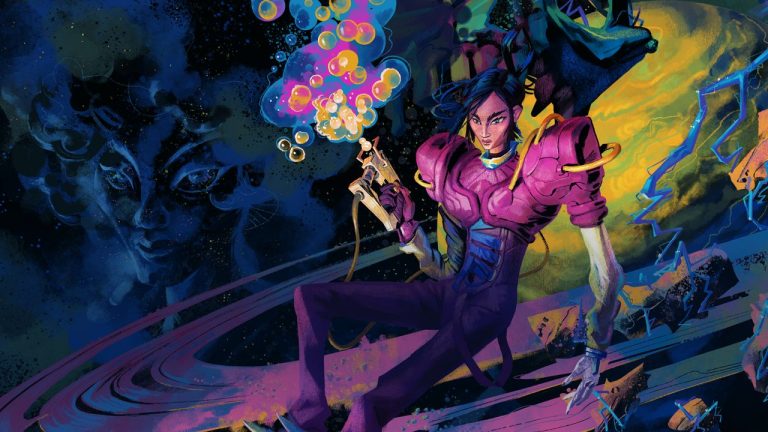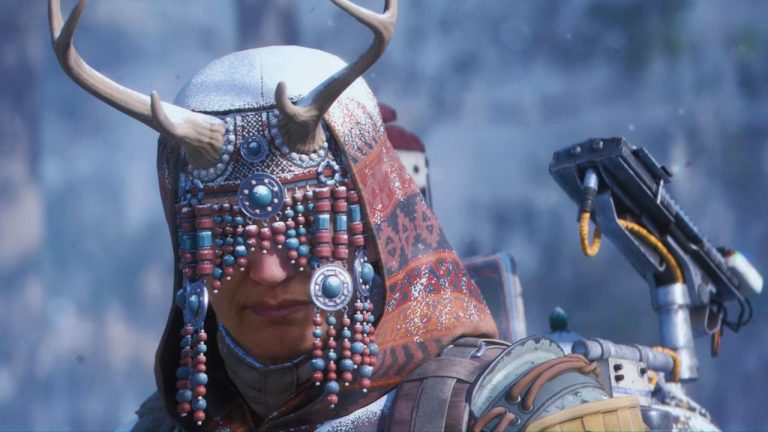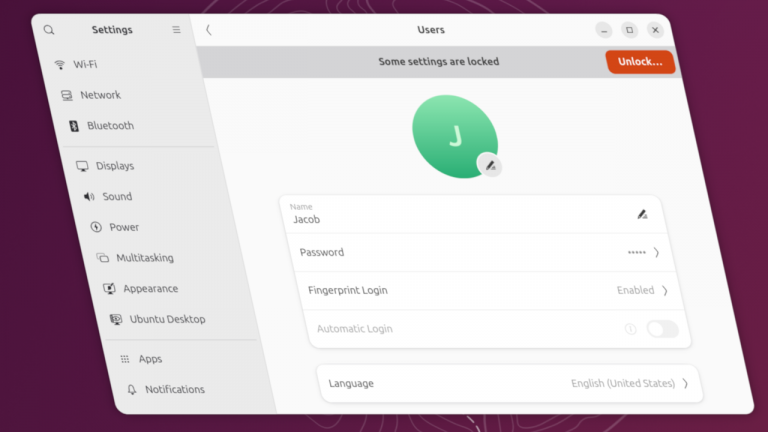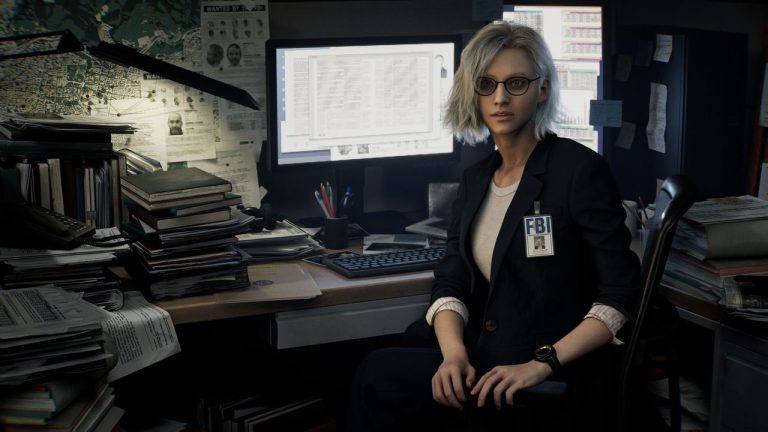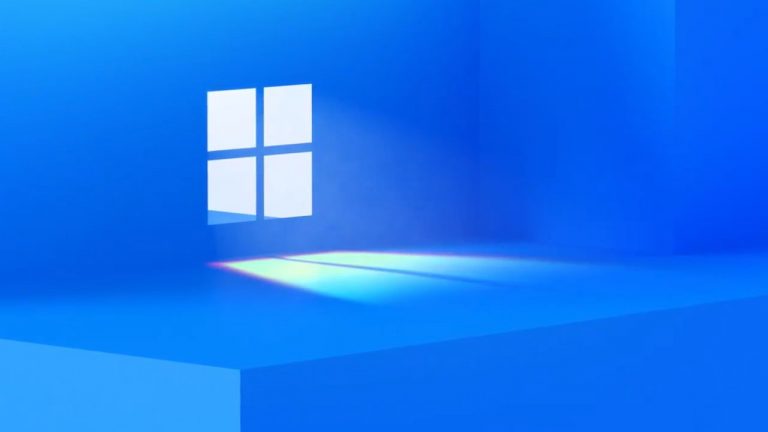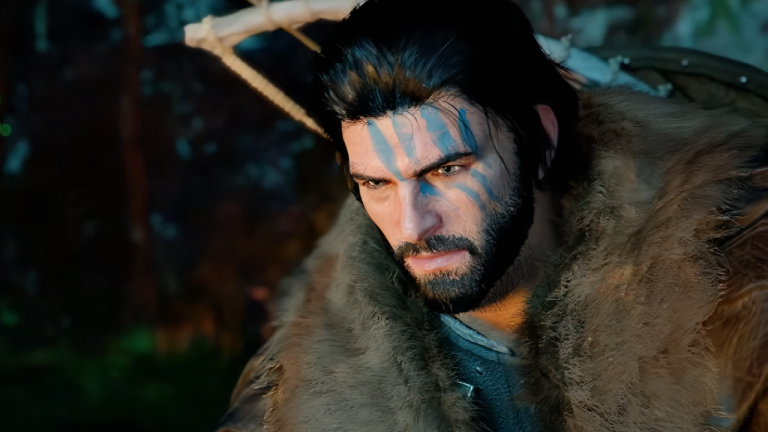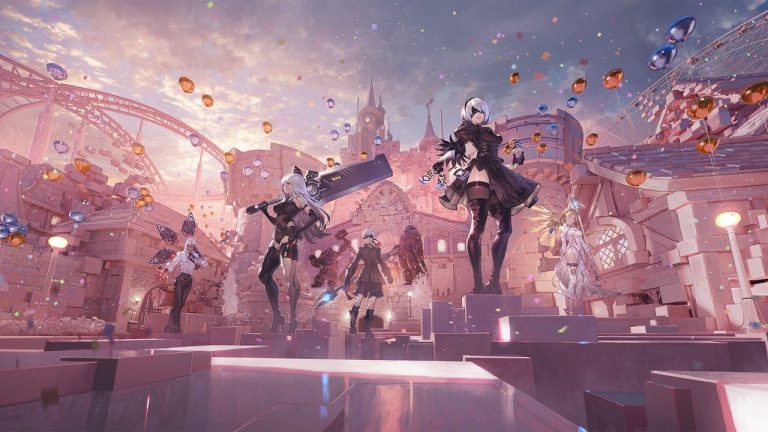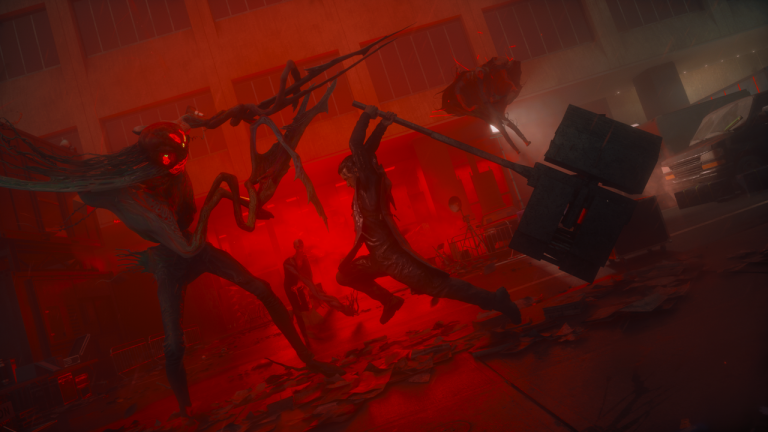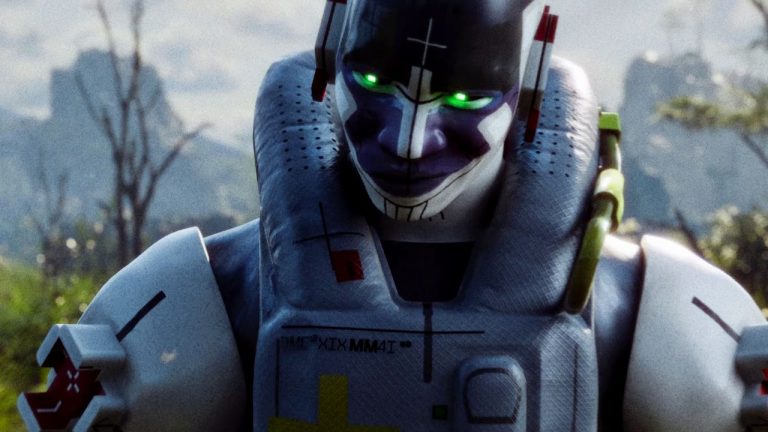This week saw the news that Elon Musk, everyone’s favourite tech billionaire, was suing OpenAI and two of his fellow co-founders for departing from the company’s original non-profit mission to benefit humanity. The suit unsurprisingly casts Musk as the last action hero, the man who sees the dangers of artificial general intelligence (AGI), out to stop those cash-crazed boffins from creating Skynet in an effort to please its biggest investor Microsoft. OpenAI’s co-founders have now responded and, equally unsurprisingly, have tried to poke some massive holes in Musk’s version of events.
This comes in a letter posted to the OpenAI website, credited to co-founders Greg Brockman, Ilya Sutskever, John Schulman, Sam Altman, and Wojciech Zaremba. Both Altman and Brockman have been targeted as part of Musk’s action. It begins with some verbiage about the mission to create “safe and beneficial AGI” before getting to the meat with “some facts about our relationship with Elon.” Lest there be any doubt, it adds at the outset: “We intend to move to dismiss all of Elon’s claims.”
The letter says that OpenAI’s senior figures realised fairly early on that the company would require more resources to develop AGI than it had access to. It says Altman and Brockman had started in late 2015 with the goal of raising $100 million, but Musk, still involved with OpenAI at that point, said in an email that “we need to go with a much bigger number than $100M to avoid sounding hopeless… I think we should say that we are starting with a $1B funding commitment. This is real. I will cover whatever anyone else doesn’t provide.” This email, as with all others cited by OpenAI, is provided with redactions at the end of the letter.
In reality Musk provided “less than” $45 million, while other donors stumped up a combined $90 million. We’re obviously in the realm of silly money here, because $45 million is a huge investment in anything, but I guess when you’ve promised to help hit the $1 billion mark it seems like small beer.
The letter goes on to say that, by 2017, the funding situation was looking dire, not least because building AGI would “require vast quantities of compute.” OpenAI began calculating what it would really need to make a good go at this, and “we all understood we were going to need a lot more capital to succeed at our mission—billions of dollars per year, which was far more than any of us, especially Elon, thought we’d be able to raise as the non-profit.”
Everyone including Musk agreed that OpenAI’s best option was to create some sort of for-profit entity, though there was some disagreement about what the proper path forward would be. Musk had a fairly simple idea of where he wanted to see things go: Musk in full control of the for-profit side. The OpenAI co-founders say “Elon wanted majority equity, initial board control, and to be CEO.”
Musk also appears to have thrown a bit of a tantrum over this, beginning to withhold his funding “in the middle of these discussions” and forcing Reid Hoffman to step in to cover staff salaries and operational expenses.
But it didn’t work. The co-founders felt no one person should have “absolute control over OpenAI,” the letter states. At which point ya boy Musk came up with another wheeze: a merger with Tesla. Musk suggested this in early 2018, saying Tesla could act as a “cash cow” for OpenAI and represented “the only path that could even hope to hold a candle to Google. Even then, the probability of being a counterweight to Google is small. It just isn’t zero.”
OpenAI said no thanks and, having sent the email in early February 2018, Musk left OpenAI by the end of the month with the magnificent flounce that he would build the Google-beater himself.
OpenAI co-founder Sam Altman at the recent World Economic Forum. (Image credit: Bloomberg via Getty Images)
The Google problem
“Unfortunately, humanity’s future is in the hands of [redacted].”
Elon Musk
OpenAI goes on to defend itself in terms of access, pointing out the free version of ChatGPT and several examples of its technology’s uses. Amazingly this turns out to be the weakest part of the entire letter, because the examples just aren’t that great and full of unexplained metrics such as OpenAI’s tools helping Albania “accelerate its EU accession by as much as 5.5 years.”
Other uses seem of questionable benefit with the potential for disaster, such as a medical provider in Rhode Island using GPT-4 “to simplify its surgical consent forms from a college reading level to a 6th grade one.” Most condescendingly of all, OpenAI claims “Iceland is using GPT-4 to preserve the Icelandic language.” I really think the Icelanders were doing OK with this before the advent of AI.
Among the emails OpenAI cites from Musk during his time with OpenAI is one particularly interesting snippet. It is abundantly clear from all of these communications that Musk does not trust Google and seems to genuinely believe it is dangerous when it comes to AI. The emails are shot-through with comparisons to Google, the dangers of open sourcing work Google could potentially use, the scale of its resource and AI investments, and then this:
“My probability assessment of OpenAI being relevant to DeepMind/Google without a dramatic change in execution and resources is 0%,” says Musk. “Not 1%. I wish it were otherwise.
“Even raising several hundred million won’t be enough. This needs billions per year immediately or forget it.
“Unfortunately, humanity’s future is in the hands of [redacted].”
This is followed by another redacted sentence, before “And they are doing a lot more than this.” Followed by another few redacted lines and ending “I really hope I’m wrong.” Whether OpenAI’s showing some commercial sensitivity here, or just doesn’t want Musk’s wilder conspiracies about Google public, this theme seems to be what lies under the claims and counter-claims.
Musk doesn’t want Google to be the company that makes the major AI breakthrough/s, but he also doesn’t think OpenAI can overtake it, to the extent he’d rather take the “1%” chance of going up against it with xAI instead.
Demis Hassabis, CEO of Google DeepMind. (Image credit: WPA Pool via Getty Images)
The mission and the memes
The OpenAI letter comes to a close by addressing one of Musk’s key claims, that the company is moving away from its open-source AGI mission. “Elon understood the mission did not imply open-sourcing AGI. As Ilya [Sutskever] told Elon: ‘As we get closer to building AI, it will make sense to start being less open. The Open in openAI means that everyone should benefit from the fruits of AI after its [sic] built, but it’s totally OK to not share the science…'” Musk responds to this with one word: “Yup.”
Finally, there’s time for a rather magnificent backhand towards Musk from people who know him, have worked with him, and clearly see the good and bad in his character. “We’re sad that it’s come to this with someone whom we’ve deeply admired—someone who inspired us to aim higher, then told us we would fail, started a competitor, and then sued us when we started making meaningful progress towards OpenAI’s mission without him.”
“Demis [Hassabis] is mired in a bureaucracy of banal evil that he cannot fix.”
Elon Musk
The co-founders say OpenAI has “a long way to go”, and end by restating its belief it can eventually “deploy these systems so they empower every individual.”
Musk has not responded directly to the letter: well, not in any kind of coherent fashion. On X he responded to the post’s announcement by telling the OpenAI account to “change your name to ClosedAI and I will drop the lawsuit.”
Over the last day Musk’s been posting memes that run with the ClosedAI gag, though there does seem to be a particular animosity between he and Altman. These include direct digs with ClosedAI logo photoshops, and the claim that, next to Altman, “Machiavelli was an armchair quarterback.”
One user on X bemoaned that, whatever else this OpenAI saga shows, it makes clear AGI is likely going to be controlled by a small handful of people.
“Governments will attempt to seize power over AGI, which may be worse,” replies Musk. “But it is increasingly coming down to a choice of what company do you trust most to develop AGI.”
The billionaire troll has also been making comparisons between his own AI tool Grok and ChatGPT, posting job openings at xAI, and for some reason boasting about the open-source nature of Twitter’s community notes. He also found time to share more shots at Google AI, play some Diablo 4, and express hope that more people like ex-Bungie composer Marty O’Donnell run for office.
OpenAI is looking for an outright dismissal of Musk’s lawsuit, which doesn’t seem implausible. The company appears to have the goods on Musk, including his agreement that it should have a for-profit arm and that not every aspect of its work should be open-sourced (among the lawsuit’s main complaints). Musk’s arguments are more esoteric and existential in nature, focusing not on what he said then but on what OpenAI has become since: which in his eyes, is a de facto subsidiary of Microsoft. And there’s a case to be made there too.
The only certainty is that both sides in this fight can afford an army of lawyers and, while Musk’s lawsuit seems like a bit of a Hail Mary out of nowhere, the disclosure should this keep running will be delicious. Replying to a post about how DeepMind co-founder and Google AI colossus Demis Hassabis must be enjoying the OpenAI drama, Musk says “Demis is mired in a bureaucracy of banal evil that he cannot fix.”
Well, mired as he may be, I’ll bet Hassabis is enjoying the spectacle anyway.

